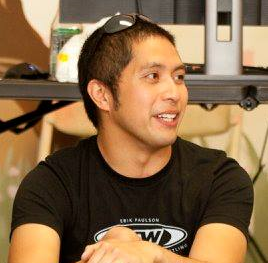Cited By
View all- DeLozier C(2023)How Close Is Existing C/C++ Code to a Safe Subset?Journal of Cybersecurity and Privacy10.3390/jcp40100014:1(1-22)Online publication date: 28-Dec-2023
- Chen ZYan RMa YSui YXue J(2023)A Smart Status Based Monitoring Algorithm for the Dynamic Analysis of Memory SafetyACM Transactions on Software Engineering and Methodology10.1145/3637227Online publication date: 11-Dec-2023
- Derakhshan FZhang ZVasudevan AJia L(2023)Towards End-to-End Verified TEEs via Verified Interface Conformance and Certified Compilers2023 IEEE 36th Computer Security Foundations Symposium (CSF)10.1109/CSF57540.2023.00021(324-339)Online publication date: Jul-2023
- Show More Cited By





